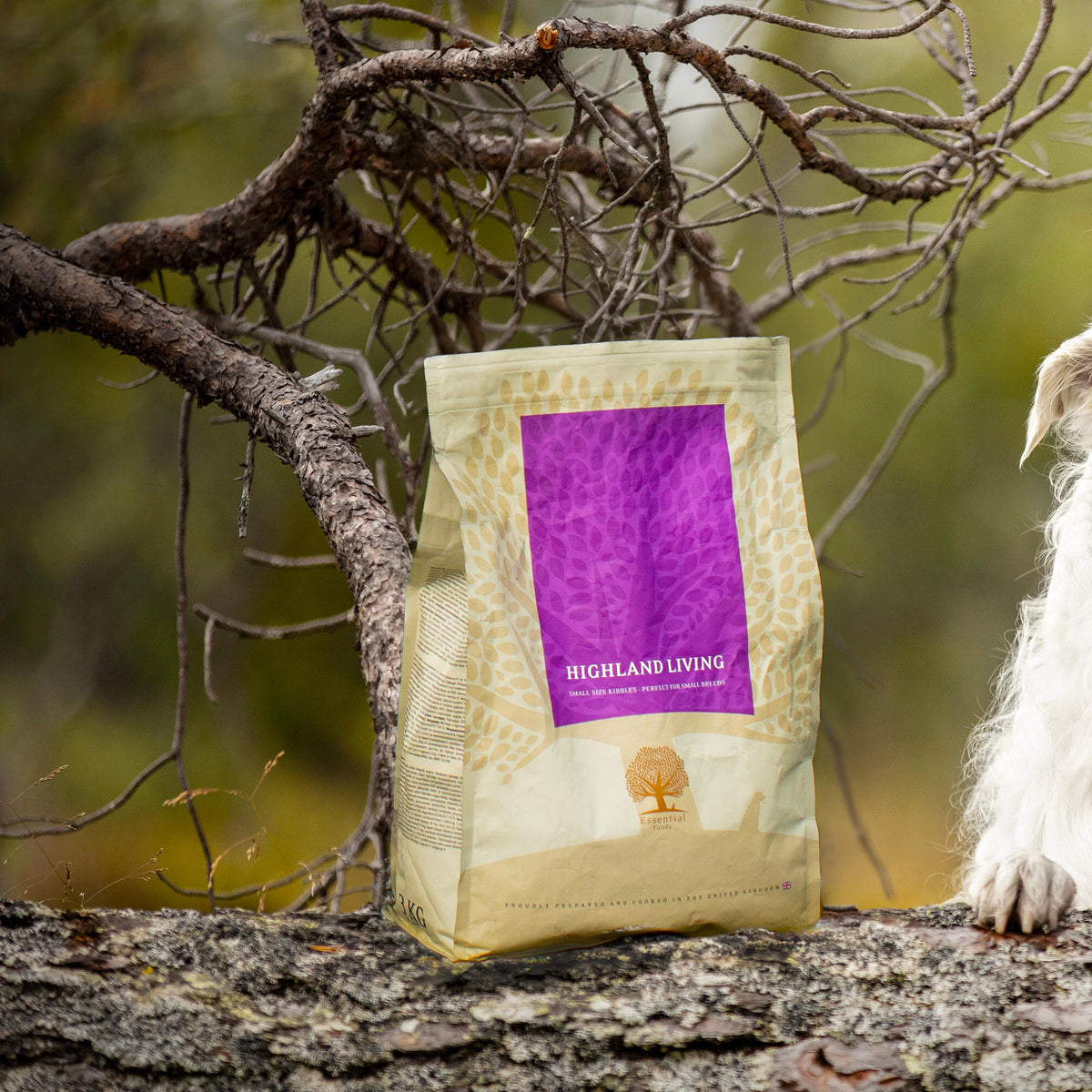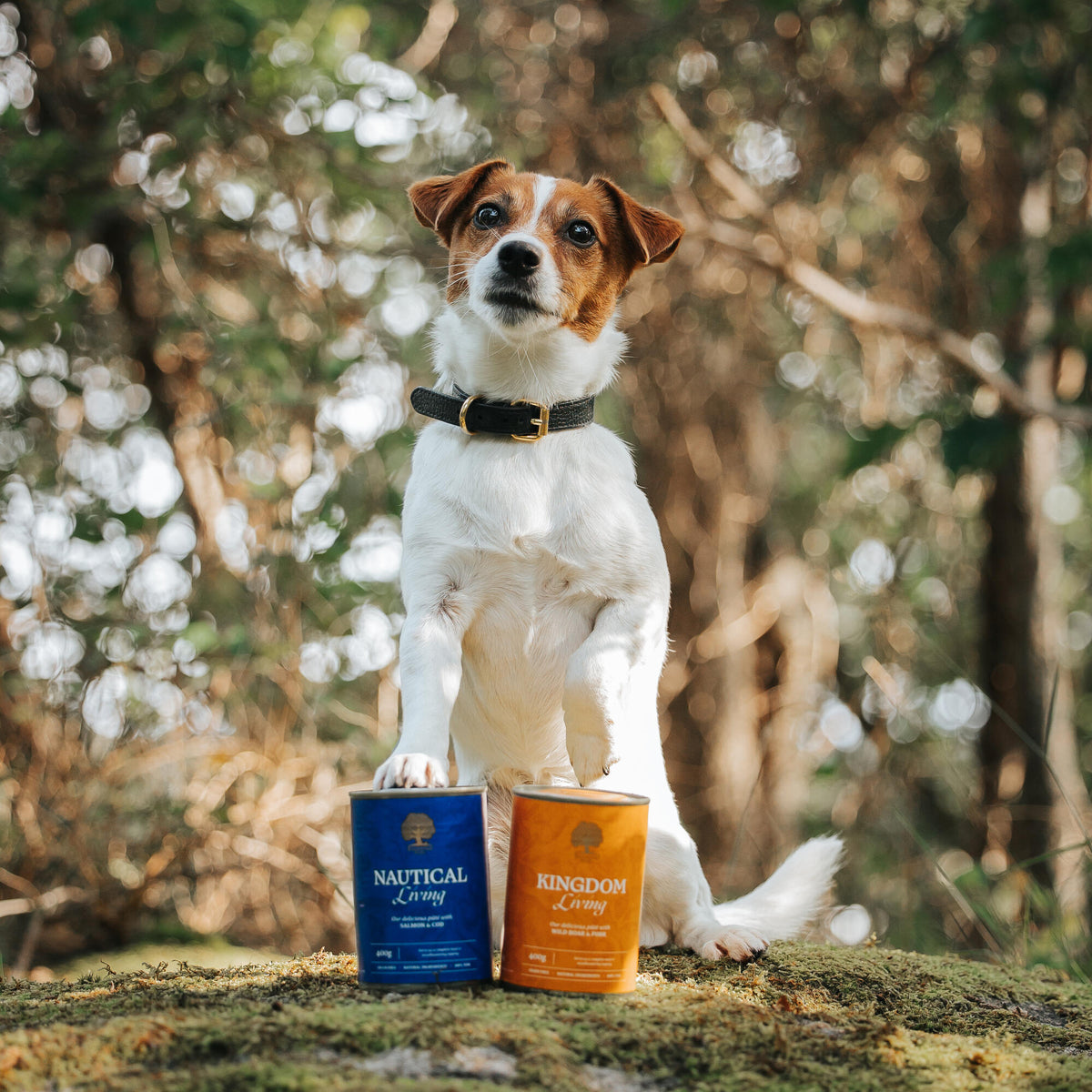Your Cart is Empty

Food possessiveness, also known as food aggression or resource guarding, is a common behavioral issue observed in dogs. It typically manifests as aggressive or defensive behavior when a dog perceives a threat to their food source. While this behavior can be concerning, understanding the underlying causes and implementing appropriate strategies can help address and manage food possessiveness effectively.
Food possessiveness in dogs can stem from past experiences of food scarcity or competition for resources. Dogs that have experienced hunger or have had to compete with other animals for food may develop a heightened sense of protectiveness over their meals.
Poor socialization during puppyhood can also contribute to food possessiveness. Dogs that have not been exposed to a variety of people, animals, and environments may exhibit fearful or defensive behaviors, including resource guarding.
Some dogs may have a genetic predisposition to resource guarding behavior. Breeds with a history of guarding or herding instincts may be more prone to exhibiting food possessiveness.
Establishing a positive feeding routine can help reduce food possessiveness in dogs. Feed your dog in a quiet, secluded area where they feel safe and comfortable. Avoid disturbing them while they eat and refrain from approaching their food bowl during meal times.
Desensitization and counterconditioning involve gradually exposing your dog to situations that trigger food possessiveness while providing positive reinforcement for calm, non-aggressive behavior. Start by standing at a distance from your dog while they eat and gradually decrease the distance over time as they become more comfortable.
Training your dog to respond to basic obedience commands such as "sit," "stay," and "leave it" can help reinforce their impulse control and reduce food possessiveness. Practice these commands during meal times and reward your dog for complying with your instructions.
Providing your dog with puzzle feeders and interactive toys can help stimulate their mind and alleviate boredom, reducing the likelihood of food possessiveness. These enrichment activities encourage dogs to work for their food, promoting mental stimulation and positive behavioral outlets.
Grain-free dog food is formulated without common grains such as wheat, corn, and soy, making it an ideal choice for dogs with food sensitivities or allergies. By eliminating potential allergens, grain-free diets can help alleviate digestive issues and promote overall health and well-being.
Natural dog food is crafted with high-quality, wholesome ingredients that mimic a dog's natural diet in the wild. These recipes often feature real meat, fruits, vegetables, and beneficial supplements, providing dogs with the essential nutrients they need for optimal health and vitality.
In conclusion, when it comes to addressing food possessiveness in dogs, choosing the right diet is crucial. Essential Dog Food offers a comprehensive range of grain-free dog food and natural dog food formulas designed to meet the unique nutritional needs of dogs while promoting overall health and well-being. With a focus on quality ingredients, high meat content, innovative B.O.F principle, and palatability, Essential Dog Food sets the standard for excellence in pet nutrition.


